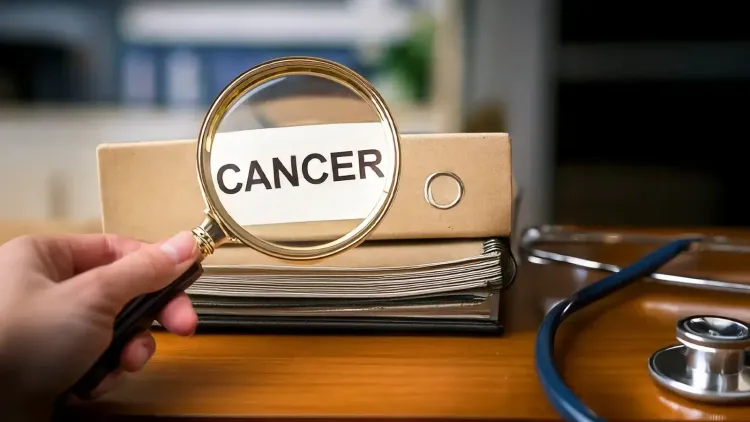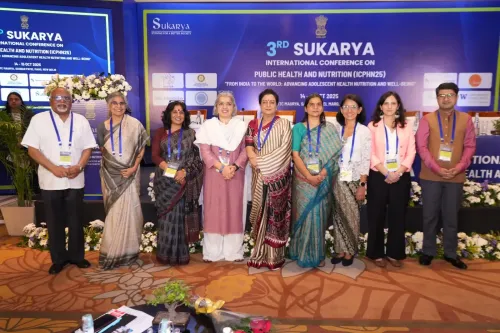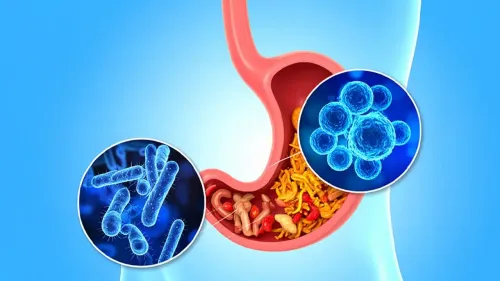Could Loneliness and Social Isolation Increase Cancer Mortality?

Synopsis
Key Takeaways
- Loneliness increases cancer mortality risk.
- Social isolation affects emotional well-being.
- Integrating psychosocial assessments is essential.
- Biological mechanisms link loneliness to health outcomes.
- Further research is needed to validate findings.
New Delhi, Oct 15 (NationPress) Loneliness and social isolation may significantly elevate the likelihood of death from cancer and other causes among individuals diagnosed with the disease, as highlighted by a recent study.
A comprehensive analysis of data from 13 studies involving over 1.5 million patients, conducted by a team of researchers from the University of Toronto in Canada, revealed that feelings of loneliness are notably prevalent among cancer patients.
The study's findings, which encompassed 2,142,338 patients across nine studies, indicated an alarming 11 percent increased risk of mortality linked to cancer due to loneliness, even after accounting for the limitations of smaller studies.
As stated by the researchers in their publication in the open-access journal BMJ Oncology, "These findings collectively suggest that loneliness and social isolation may affect cancer prognosis beyond conventional biological and treatment-related factors."
Upon investigating the underlying reasons, the research team discovered that social isolation and loneliness heighten mortality risk in cancer patients through a combination of biological, psychological, and behavioral pathways.
Biologically, the stress response induced by loneliness can lead to immune dysfunction and increased inflammatory activity, potentially exacerbating disease progression, the researchers noted.
Additionally, the unique challenges of surviving cancer often entail forms of isolation directly linked to the disease and its treatments. This may include a lack of understanding from loved ones regarding cancer-related anxieties, stigma associated with visible treatment effects, and heightened fears surrounding survivorship, all of which can adversely affect the psychosocial well-being of oncology patients.
Moreover, cancer treatments can result in physical changes such as fatigue and cognitive difficulties, further restricting social engagement, while prolonged medicalization can undermine pre-illness identity and social connections.
If these findings are validated through further rigorous studies, it would underscore the necessity of integrating psychosocial evaluations and targeted interventions into cancer care to enhance patient outcomes, the researchers concluded.








